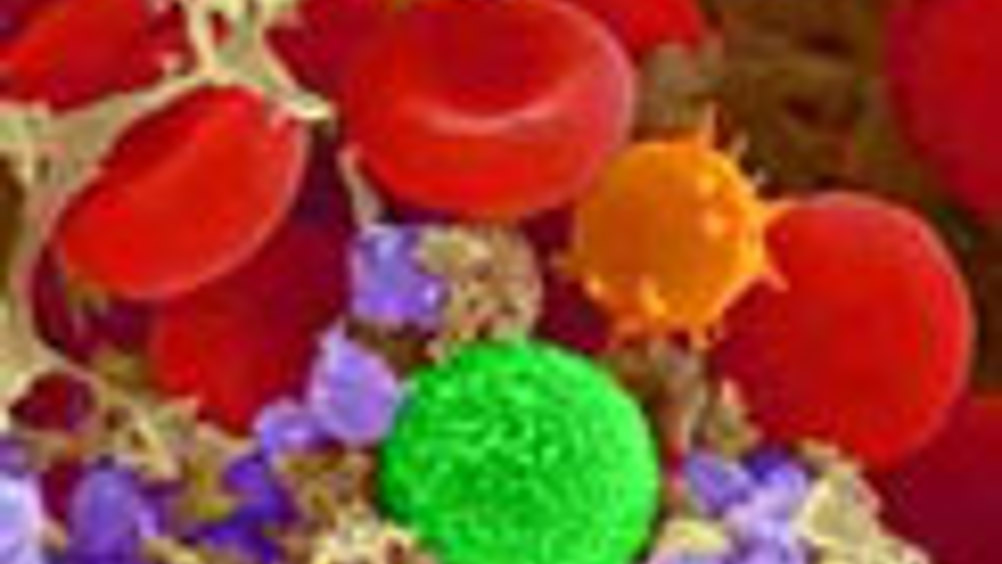Blood test to diagnosis schizophrenia
Cambridge-based Psynova Neurotech is partnering with Rules-Based Medicine to co-develop a blood test for the diagnosis of schizophrenia.

Cambridge-based Psynova Neurotech, which develops novel biomarkers to aid the diagnosis and treatment of neuropsychiatric illnesses, has announced it is partnering with Rules-Based Medicine to co-develop a blood test for the diagnosis of schizophrenia.
The current diagnosis of schizophrenia is highly subjective and time-consuming, due to the lack of objective biological tests specific for the disease.
The joint venture will incorporate the candidate biomarkers already identified by Psynova Neurotech and make use of RBM’s comprehensive protein biomarker assay and technology platform.
Psynova Neurotech director and co-founder Dr. Bahn said: ‘The tests will be a tool to help general practitioners and psychiatrists in the difficult task of diagnosing and treating patients much sooner, ideally when symptoms are still mild.’
The Global Alliance of Mental Illness Advocacy Networks, Europe (GAMIAN -
GAMIAN - Europe president Dolores Gauci added: ‘Any diagnostic tool that aids in the early identification of schizophrenia and other chronic mental illnesses will help people begin treatment earlier to avoid much of the pain, hardship and deterioration caused by these devastating diseases. Further, such a test could help affected individuals and their carers maintain a better quality of life.’
Register now to continue reading
Thanks for visiting The Engineer. You’ve now reached your monthly limit of news stories. Register for free to unlock unlimited access to all of our news coverage, as well as premium content including opinion, in-depth features and special reports.
Benefits of registering
-
In-depth insights and coverage of key emerging trends
-
Unrestricted access to special reports throughout the year
-
Daily technology news delivered straight to your inbox










National Gas receives funding to develop Gravitricity underground hydrogen storage system
One single rock salt mine - Winsford - has 23 <i>MILLION </i>cubic metres of void and even allowing for 10% of that void set aside for hazardous waste...